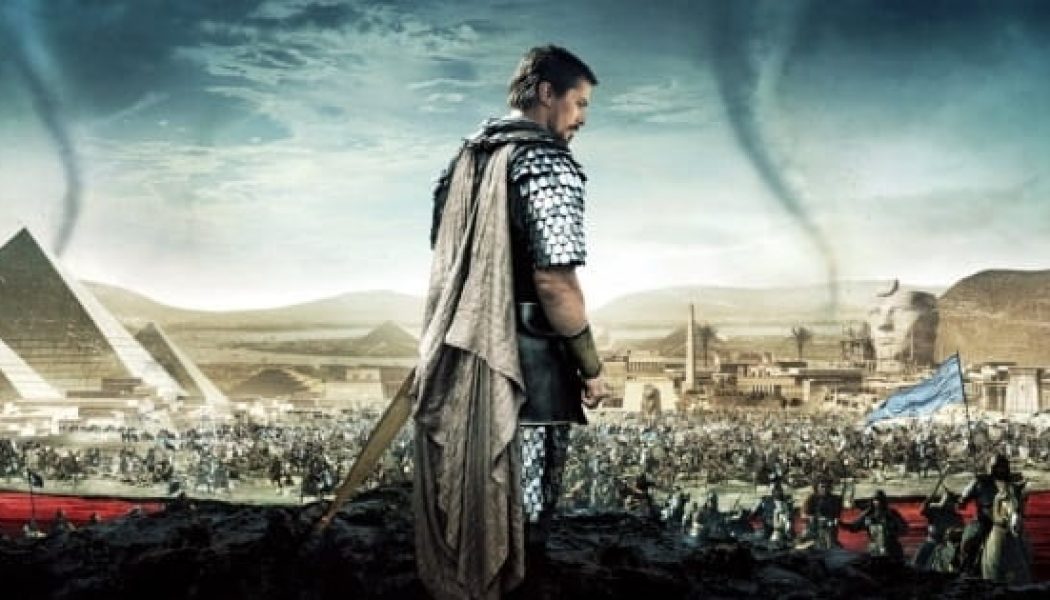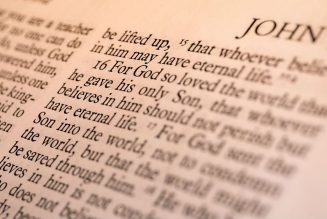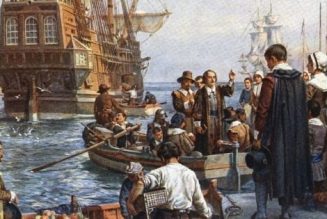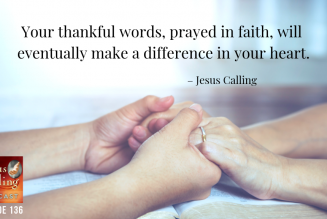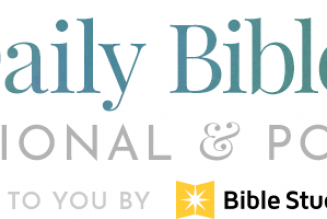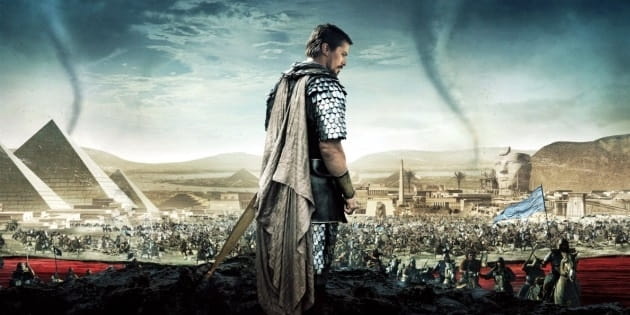
I recently saw Ridley Scott’s biblical epic, Exodus: Gods and Kings at the theater. Evangelicals typically have one of two responses to movies like this. There are those who are upset at the deviations from the biblical text and there are those who are upset that people are upset about the movie.
I’m typically somewhere in between. For instance, I watched the much anticipated Noah movie earlier this year and found myself in between the two warring camps. I thought Darren Aronofsky produced a cinematic masterpiece, but I didn’t understand why he so corrupted what is already a dramatic narrative. The part where Noah goes mad and tries to kill his grandson is just creepy and unnecessary. But I didn’t think this movie was an attack on the Christian faith. The Church has survived far worse biblical art than Noah.
At the same time, I found myself at odds with the Noah promoters who filled up my Twitter timeline with appeals to “go see the movie and encourage Hollywood to make biblical movies” as if me not buying into the hype machine would hurt our Christian witness in the world. This happens a lot lately. I always encourage people to slow down, appreciate a movie for what it is: a movie. And if possible, use it as a tool to provoke discussions with friends and neighbors. But let’s not act as if the next Christian epic will usher in another Reformation.
Which brings me back to Exodus. I liked this movie a bit better than Noah. This could be because I have always been fascinated by the life of Moses. I’ve preached a series on him, read quite a few books on Exodus, and I’m always captivated by fresh retellings of this pivotal narrative in salvation history.
Ridley Scott took some liberties with Exodus. I think he’s wrong in suggesting that Moses was unaware of his Hebrew heritage. I think the accounts we read of his life in Exodus, Acts, and Hebrews suggest something different. I also think the depiction of God as a little boy was a bit odd. Lastly, some of the timeline is off. So my suggestion to you is don’t take Ridley Scott as the last word on the Exodus, but do watch the movie and let it provoke you to further study of this important and powerful story in the history of Israel.
The reason the Exodus story is so important is because the theme of exile is a repeated one in both the prophets and on into the gospels and the coming of Jesus. You don’t have to look very hard to see Matthew, for instance, frame Jesus’ life, death and resurrection in exilic tones, presenting Jesus as the new and better Moses, leading His people from bondage and to their final home. Jesus stands on the mountain and as the fulfillment of the law gives a new law and a new covenant. Jesus calls out a new people from twelve men (twelve tribes). Jesus feeds His people in the wilderness, crosses the water, and as the New Israel, endures temptation in the wilderness.
Which is why Exodus: Gods and Kings might be more of a Christmas movie than you’d think. At Christmas, we celebrate the birth of Christ, sent to rescue His people from bondage, into a world dominated by the enemy powers. Just as Moses’ rescue of Israel came through unlikely means, so Christ’s end-times salvation of His people comes in unlikely fashion. A vulnerable babe in a cattle trough, a poor and undistinguished rabbi from Nazareth, an unjust trial and crucifixion, and the resurrection of the Son of God and calling out of a new people from twelve ordinary men.
The Book of Exodus keeps us from taking reality out of the Christmas story: the sin and sadness of a lost world in bondage to sin and Christ’s violent overthrow of the powers of hell and death. It reminds us that this ancient story of exile is really our story. We’re the helpless, wretched people God came to rescue, regenerate, and restore.
I doubt Exodus: Gods and Kings will join the pantheon of favorite holiday movies, but the next time you open the second book of the Old Testament, try thinking, “It’s beginning to look a lot like Christmas.”
Daniel Darling is the Vice President for Communications for the Ethics and Religious Liberty Commission of the Southern Baptist Convention (ERLC). He is a regular contributor to Leadership Journal and the author of several books, including his latest, Activist Faith. He regularly blogs at danieldarling.com. You can follow him on Twitter @DanDarling.

